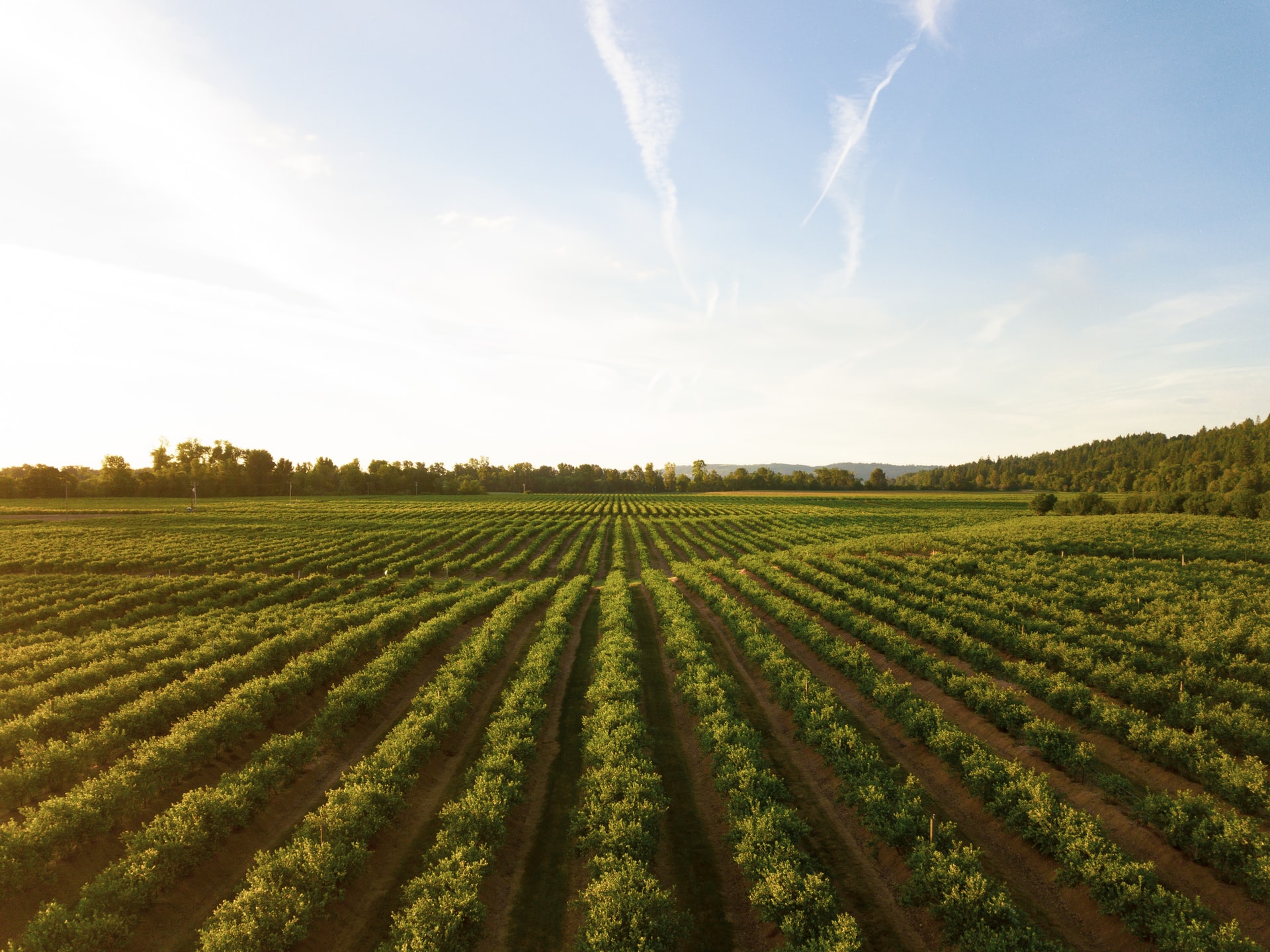Real estate, mutual funds, bonds, and stocks are popular investment opportunities. It is smart if you are focused on all or some of these investments, but you might be ignoring another promising investment option where the competition is far lower.
It’s called farmland investing. Here are five safe and proven ways to money in farmland investing — without the need to physically own a farm or make a large illiquid investment.
Agriculture mutual funds
You may consider investing in farmland through dedicated mutual funds that invest in the farming and other forms agriculture. However, before you invest, you should check whether the funds are being invested into commodities or agriculture-related companies, and what are the pros and cons of each.
Keep in mind that many of these mutual funds have exposure to several other industries along with agriculture. If you want to invest in pure farming, then you should identify mutual funds that are exclusively focused on farmland investing.
Agriculture ETFs
ETFs are an attractive investment opportunity when you’re building a diverse portfolio. It may come as a surprise to you that there are specific agriculture ETFs with an exclusive exposure to this industry.
For instance, Teucrium Soybean ETF (SOYB) has been one of the top-performer ETFs in the agriculture sector. Just as you would invest in any other ETF, be prepared to carefully weigh your options, and closely evaluate the performance index and the management fees of the ETF.
Agriculture stocks
If individual stock investing is your forte, you may consider buying stocks of some of the leading public-traded companies that operate in the farming industry. These include the companies which are directly responsible for producing the crop and others that support farmers with the necessary funds to grow the crop.
Agriculture REITs
A more traditional form of farmland investing is the agriculture REIT. These Real Estate Investment Trusts collect funds from a pool of investors and make investments in companies that purchase farmlands and give them on lease to farmers for crop production. Some of the top-rated REITs include Gladstone Land Corporation (LAND) and Farmland Partners Inc. (FPI).
The key advantage of investing through an agriculture REIT is that it lets you diversify your investment portfolio. You can invest in multiple farms across a wide geographic region.
Agriculture REIT offers you the opportunity to own a farm, and yet give you the liquidity because you can easily sell your share in the agriculture REIT on the stock exchange. Moreover, the capital requirement for investing in an agriculture REIT is far lower than what you would need of physically invest in farmland.
Soft commodities
Last, but the least, you also have the option of investing directly in soft commodities to take advantage of positive price fluctuations. You can invest in future contracts, ETNs (exchange traded notes), and ETFs, based on your investment goals.
One of the best performing ETNs currently is Rogers International Commodity Agriculture, which invests in 20 agricultural commodity futures contracts.
Another highly rated ETN is the iPath Bloomberg Agriculture Subindex. It invests in coffee, cotton, soybeans, sugar, and wheat future contracts.


